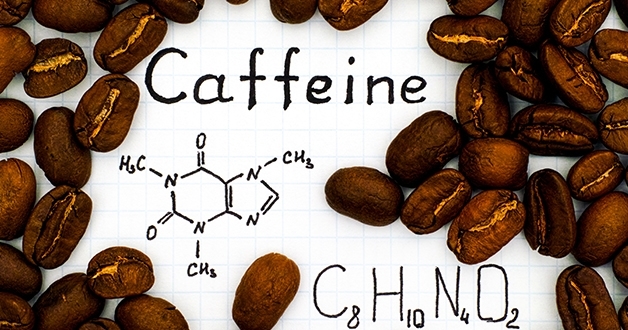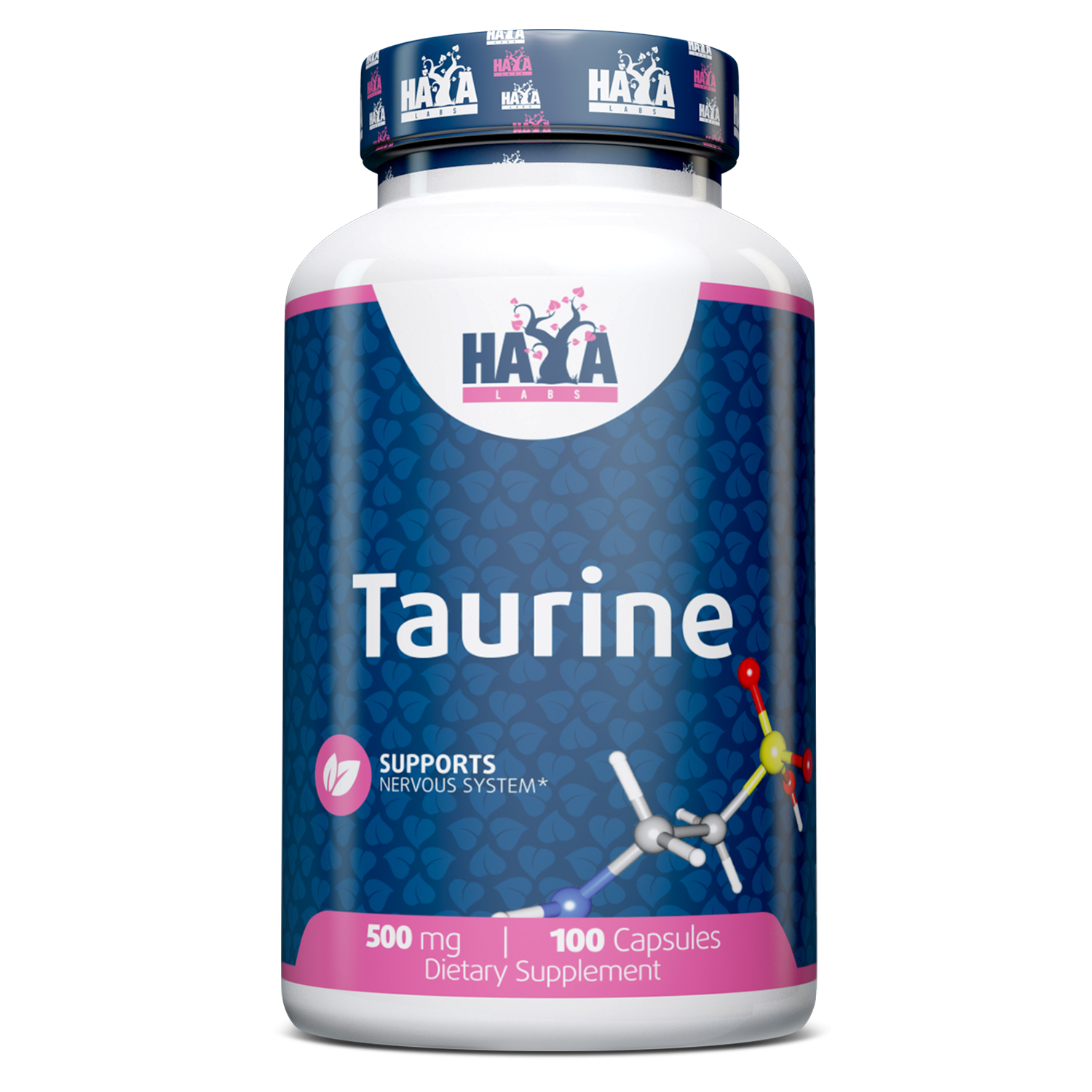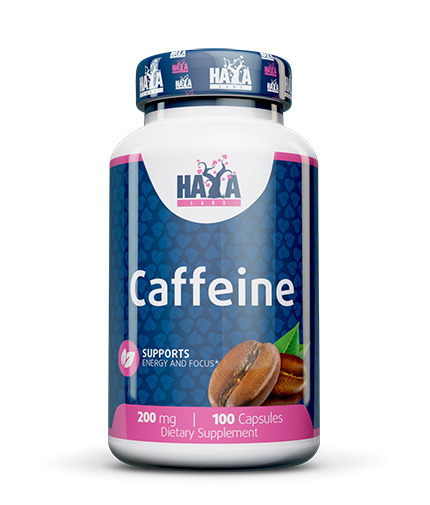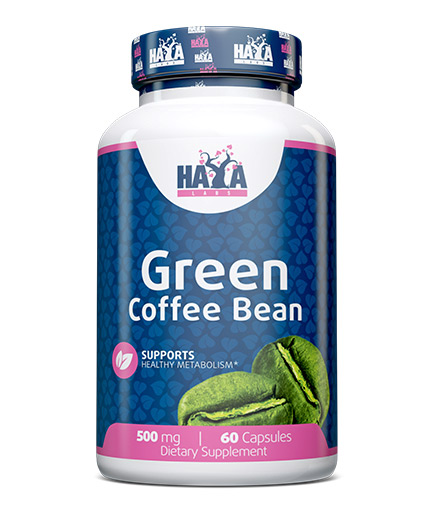
More about the coffee and its substitutes
0
1876
As usual, and here the truth is somewhere in the middle, and it is not exactly the same for everyone. One thing is, however, an institution that would want to ban the coffee is lost.
To draw inspiration for yourself, we will look at this beloved beverage drink and its pros and cons.
In fact, this is not easy because the data from studies aimed at linking caffeine use to other factors, such as lifestyle, cannot be interpreted unambiguously.
One reason is that coffee consumption is often associated with unhealthy lifestyle, including poor nutrition, concomitant alcohol, and nicotine consumption, and a lack of physical form.
On the other hand, often people who do not consume coffee are more likely to pay more attention to their health.
These factors come from the fact that coffee cannot be placed under a common denominator, as the type of grains, their way of processing to the final product, the way of growing and cultivating the crop are also important for the effect of coffee.
And last but not least, most studies take into account the changes that occur after a single coffee consumption and miss the long-term effect of the drink. A number of studies have shown that the cardiovascular system is producing a kind of resistance to caffeine, so the effect of the first cup of coffee and its prolonged use does not show any particular correlation.
One thing is clear – caffeine affects brain biochemistry and our hormonal system.
To what extent and how does it depend on factors such as age, gender, physical condition?
In the long run, scientists still have no opinion on whether caffeine is responsible for increased cortisol, prematurely decreased levels of progesterone and other hormonal disorders, but we obviously have such suspicions.
How much coffee is too much coffee?
You can easily orient yourself if you overdo coffee or not. Here are some of the symptoms that should make you think about how much caffeine you consume.
These are the same symptoms you will experience the first cup of coffee if you are hypersensitive to caffeine:
- Cold waves, tremors of the limbs
- Anxiety and/or nervousness
- Dizziness
- Anxiety
- Insomnia
- Hot or cold waves
It is good to know that it is difficult to validate a dose that talks about overdose because the individual`s tolerance to caffeine is different. However, most people may experience these symptoms at doses between 200 and 500 mg daily intake.
If you experience any of the symptoms, you can speed it up by taking more water.
Substitutes of the coffee
So – you decided to remove the caffeine from your menu. For most people who have made this decision, the first substitute for the favorite espresso is decaffeinated coffee. But what do we know about it and is it useful to drink?
Surprise! Decaffeinated coffee is actually not decaffeinated. There is no such method yet to remove 100% of the caffeine from the final product, effectively removing no more than 97% of the alkaloid content.
In a standard cup, “decaffeinated” coffee contains between 10 and 28mg of caffeine, depending on the method of preparation and the type of coffee.
Second disappointment – during the extraction of caffeine, most of the water-soluble antioxidants are destroyed, but this is partly the case when we heat normal coffee.
Third disappointment – the most popular methods for extracting caffeine include the use of chemical solvents.
read more
And last but not least, decaffeinated coffee, in addition to having a debilitating taste, also shows a significantly higher acidity than regular coffee.
As it turns out, if you have decided to lead a healthy lifestyle, decaffeinated coffee may not go into your menu. How then can we secure the morning dose of cheerfulness?
Here are just some alternatives to the traditionally living drink:
Green tea – undoubtedly priceless drink in terms of antioxidants and beneficial effects on the body. However, if you have an intolerance to caffeine, it may not be the most appropriate choice for you because of the similar effects with coffee, given that the green tea contains the alkaloids in minimal amounts.
Warm cocoa – it is important to use raw cocoa to make the best of it. Stir it in no more than 60-70 degree water, so you do not lose its valuable qualities.
In addition to cheering, cocoa will act tonic to the cardiovascular system and will not overload the nervous system.
A superfood shake – if you really care about your health, you can include some of the popular superfoods in recent times n a delicious combination. In addition to giving you the necessary dose of freshness (and maybe even a little more), you will get a working immune, endocrine, cardiovascular and nervous system. There are a plenty of ingredients, which you can sweeten with honey.
There are many ways to substitute coffee in your daily regime. Just pick yours!
.






